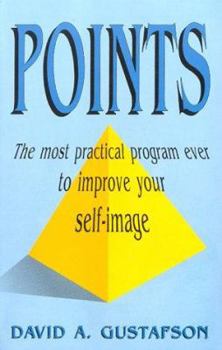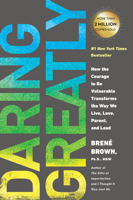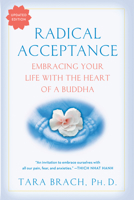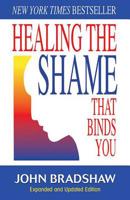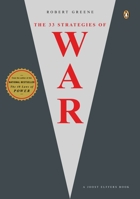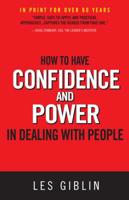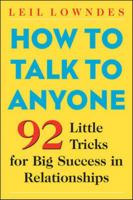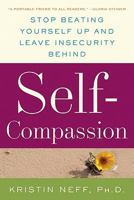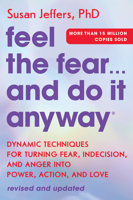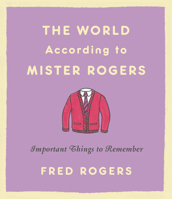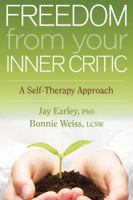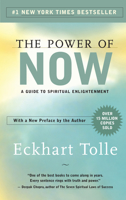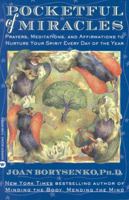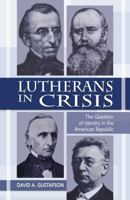Points: The Most Practical Program Ever to Improve Your Self-Image
Select Format
Select Condition 
You Might Also Enjoy
Book Overview
Related Subjects
Addiction & Recovery Administration & Policy Alcoholism Health Care Delivery Health, Fitness & Dieting Health, Fitness & Dieting Political Science Politics & Government Politics & Social Sciences Psychology Psychology & Counseling Public Affairs & Policy Public Policy Self Help Self-Help Self-Help & Psychology Social Sciences Social Services & WelfareCustomer Reviews
Rated 4 starsPOSITIVE POINTS MINUS NEGATIVE POINTS EQUALS SELF-IMAGE
The main point of this book is that the self-image is based on a summary of every action and thought you have ever had. The positive improves your self-image, the negative detracts from it. Every event results in positive or negative messages being sent to your subconscious. The subconscious tallies these messages and adds them to the messages already stored. You either receive points or lose them. The self-image is the sum...
0Report
Rated 5 starsSelf Esteem for Dummies
While other self-help books offer a spiritual get-rich-quick scheme, Points is more a guide to prudent investing.A lot of authors make you feel good only while you are reading their book. Soon after, you're out looking for another "feel good about yourself" fix. It is becuase they help you build an inflated self image that it bursts easily, leaving you back where you started.Dave offers a plan to solidly build a good self...
0Report
Rated 5 starsThis is a book to take with you into the new millennium!
The challenge of maintaining a positive self image and esteem into today's competitive environment is frightening. Points gives a step by step guide on how to positively reassess your perception of reality. Mr. Gustafson's practical business experience offered me a real approach to life versus a viewpoint from a health professional who may not be entirely aware what the business world is like today. This is real!
0Report
Rated 5 starsA warm and caring author!
While reading this book, I was captivated by the warmth and sincerity of its author. Mr. Gustafson seems to really care about the emotional and physical well-being of his audience. He definitely is one person, at whose feet I would sit, say in a park, and listen to him for hours.
0Report
Rated 5 starsThe title is accurate. It works and it is practical!
This book matches the claims of its title. It offers practical steps to improve your self-image. I especially found the homespun wisdom something I could start doing right away. I keep the book on my nightstand and refer to it all the time.
0Report










